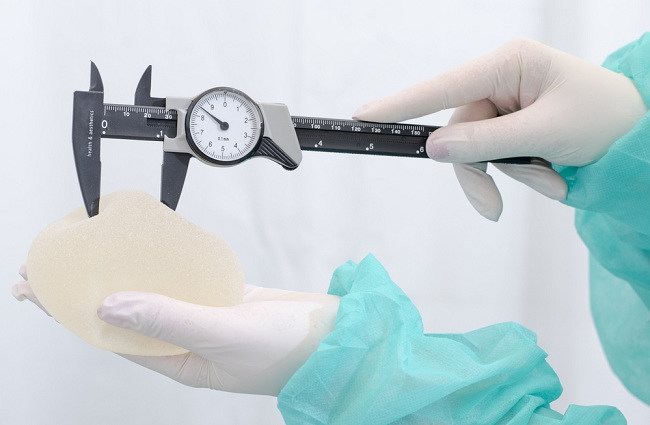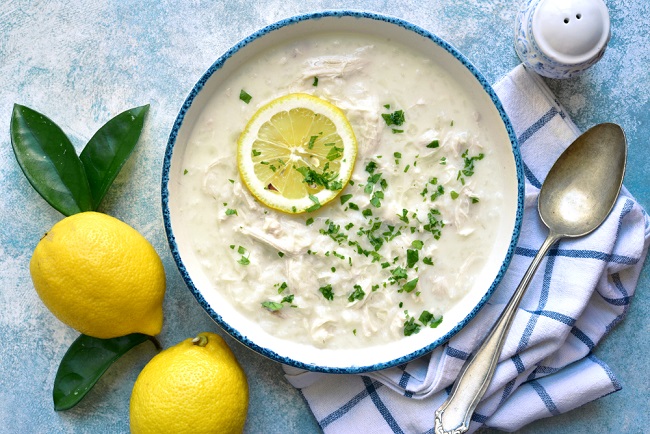Same as children and adults, babies who have eaten solid food also need intake fiber through food. Namun,total Of course, the baby needs less fiber. Although needed only in small amounts, the role of fiber is still important for baby's health.
Fiber is divided into two types, namely soluble and insoluble fiber. Soluble fiber is a type of fiber that is soluble in water. This type of fiber can lower cholesterol levels and control blood sugar levels. While insoluble fiber in water is a type of fiber that can help overcome constipation.

These are the benefits of fiber for your little one
Entering the age of 6 months, babies are allowed to eat complementary foods (MPASI). In her daily menu, Mother is recommended to include fiber, because fiber can:
- Keeps baby full longer.
- Maintain the health of the baby's digestive tract and prevent constipation.
How Much Fiber for Babies?
Although fiber is important for their health, babies don't need large amounts of fiber. Babies aged 7-11 months only need 10 grams of fiber per day or the equivalent of half a tablespoon.
As you age, the need for fiber will increase. In children aged 1-3 years, the need for fiber is as much as 16 grams or the equivalent of one tablespoon more. Whereas in children aged 4-6 years, the need for fiber is 22 grams or about 2 tablespoons.
You can only find fiber from plants or plant food products. Here are sources of fiber that you can choose to give to your little one:
Fruits and vegetables
Fruits and vegetables are very good for baby's digestion. In addition to containing fiber, fruits and vegetables (eg apples, bananas, avocados, carrots, eggplant, and broccoli) also contain vitamins and folic acid. Mother can process fruits and vegetables into puree, steamed vegetables, or served directly as a snack for your little one
Nuts
Nuts, such as peanuts, kidney beans, cashews, and almonds, can also be a healthy snack source of fiber for babies. However, before giving peanuts to your little one, make sure he is not allergic to nuts. In addition to containing fiber, nuts also contain protein, magnesium, and vitamin E.
Grains
Grains, whole grains, and brown rice can be fiber choices for your little one's daily menu you know, Bun. Not only contains fiber, this type of food also contains vitamins and minerals needed by the body.
After knowing the importance of fiber for your little one's health, now you don't need to hesitate anymore to give foods that contain lots of fiber. However, don't give too much fiber and make sure you process it into food that is easy for your little one to swallow.
If your little one experiences an allergic reaction or digestive complaints after eating fiber-rich foods, check with your child's doctor.









